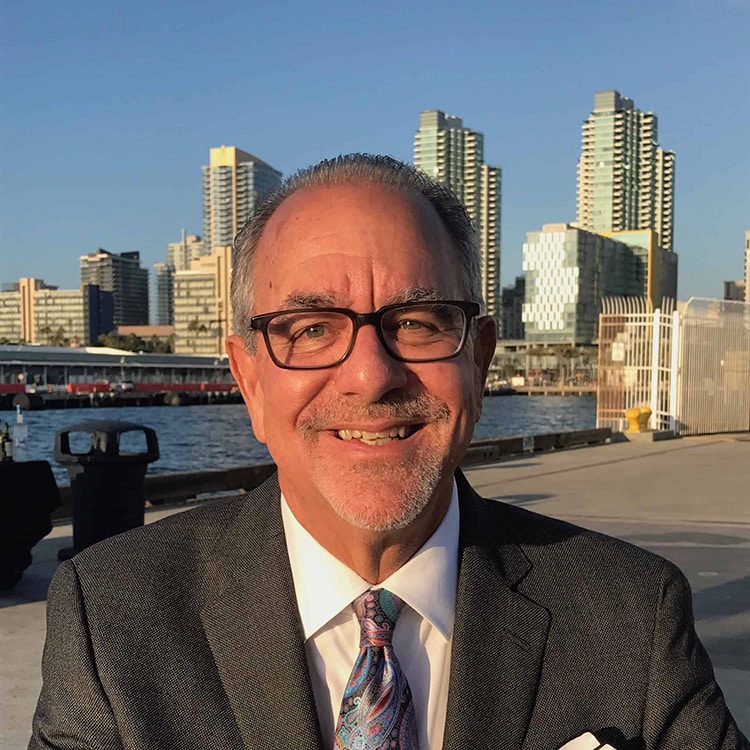
Fentanyl in Candy: What Every Parent Should Know
Fentanyl is an extraordinarily potent synthetic opioid that is 50 to 100 times more powerful than morphine or any other kind of opioid including heroin and cocaine. Doctors use it in medical settings to relieve pain and may also be used as a sedative.
The drug has emerged as one of the most widely used illicit drugs among young people with children unknowingly coming into contact with fentanyl. This trend has been more prevalent over the past few years, which is terrifying because the consequences could be fatal. If young children mistakenly come into contact with fentanyl, they could suffer significant consequences.
The appearance of "rainbow fentanyl," which takes the form of colorful tablets, powders, and blocks that resemble candies, has become a common feature in the modern drug culture. The Drug Enforcement Administration issued a news statement alerting the public that rainbow fentanyl was being found in various forms all over the country. The DEA expressed worry that the colorful variants of the drug were being used to appear like candy and lure children and young people.
Because it is synthetic and potent, drug cartels frequently combine it with other illegal narcotics like cocaine, heroin, or counterfeit tablets that resemble real prescription medications to provide a more potent high. Young individuals may unintentionally purchase medicines that they think are something else, but frequently, these other narcotics are combined with the lethal opioid fentanyl.
More kids and teenagers are abusing narcotics laced with fentanyl because it is easier to buy illegal drugs online and through social media. Substance abuse and overdose rates among kids and teens are rising, especially when you include the rise in mental health problems in kids and teens in recent years.
What can parents do to stop their kids from abusing fentanyl?
Parents should keep an eye out for behaviors in their kids that could point to a need for an escape, such as withdrawal from activities and friends, declining grades, and new spending patterns. The physical effects of fentanyl abuse will be similar to those of other opioid and substance abuse, such as slurred speech, sluggishness, inefficient respiration, lethargy, and erratic behavior.
Early discussions with your children about substance abuse are preferable to having to step in after they have already started abusing substances.
Parents should hold conversations with their kids about opioids and drugs in general and the severe risks of taking medications that are not prescribed to them. Inform them about the fentanyl-laced drug trends and risks.
Young people frequently buy drugs through dark web drug markets or via social media. Parents must create a safe space for their kids and ensure they feel comfortable talking and having sensitive conversations. Talk to them about handling situations if they meet offers for pills or other substances, even through social media.
Talking openly with kids about the risks of illegal drugs can go a long way to safeguard them. Parents must always remember fentanyl may be present in illegally-obtained, and even the smallest doses could be lethal.
Getting Help for a Family Member using Fentanyl
Parents must seek immediate medical attention when children show signs of drowsiness, light-headedness, and unconsciousness immediately after consuming sweeteners like candy, cookies, popsicles, energy balls, dried fruits, and sweets.
Always consult a specialist or a crisis coach for advice and consultations about fentanyl in candy. If you’re facing a situation with a loved one, spouse, or even a child that has started to spiral, feel free to contact Confidential Recovery at (619) 452–1200, we treat addiction to fentanyl and other opioids in San Diego, California.
Categories
Addiction News fentanyl Intervention Opioid Epidemic opioids san diego